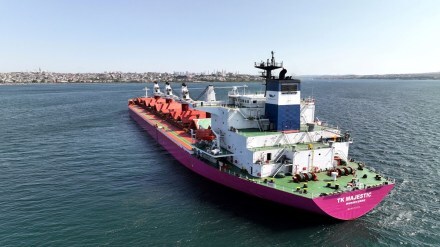A lot has been said and written in media over the Black Sea grain deal between Russia and Ukraine. The deal is now back in the news as it is about to expire. The accord was signed in July last year and had been extended twice in the past. However, Russia on Monday announced that they will once and for all terminate the accord on Tuesday, July 18.
To understand the repercussions of terminating the deal, we need to first understand what this deal is all about and why it is so important. So, dive in.
What is the Black Sea Grain deal?
The Black Sea Grain deal was signed by Russia’s Defence Minister Sergei Shoigu and Ukraine’s Infrastructure Minister Oleksandr Kubrakov in July last year. The accord created a safe space for exporting Ukraine’s grains from three ports, namely, Yuzhny, Chornomorsk, and Odesa.
According to the UN, the Joint Coordination Centre (JCC) was established to monitor the implementation of this initiative. The Centre includes representatives from Russia, Turkey, Ukraine and the United Nations.
Ukrainian vessels then guide the cargo ships into international waters of the Black Sea, avoiding mined areas. The vessels then proceed towards Istanbul along the agreed maritime humanitarian corridor, the UN says. Ships that are heading to and from the Ukrainian ports are also inspected by JCC teams.
The Black Sea Beacon! Why is the deal so important?
According to a Reuters report, around 32 million tonnes of mostly corn and wheat were exported by Ukraine under the deal.
For those who don’t know, Kyiv and Moscow are among the largest exporters of grain in the world. The blockade caused the price of grains to rise dramatically across the globe. The deal is important because it helped in bringing down the prices and ease the global food crisis.
Why is Russia pulling out?
Russia has claimed that not enough grain has reached poor countries under the deal, reported Reuters. But the U.N. has argued that the accord has definitely benefited those states by helping lower food prices more than 20% globally.
Russia also complained that it continues to face problems in exporting its own agricultural products and fertilisers because of the various sanctions that the West has slapped on it. The country says that the barriers put on payment platforms, insurance and shipping among other logistics are affecting its exports.
Russia’s foreign ministry has said that it will only resume the deal if concrete results are achieved and not just promises and assurances, reported Reuters.
